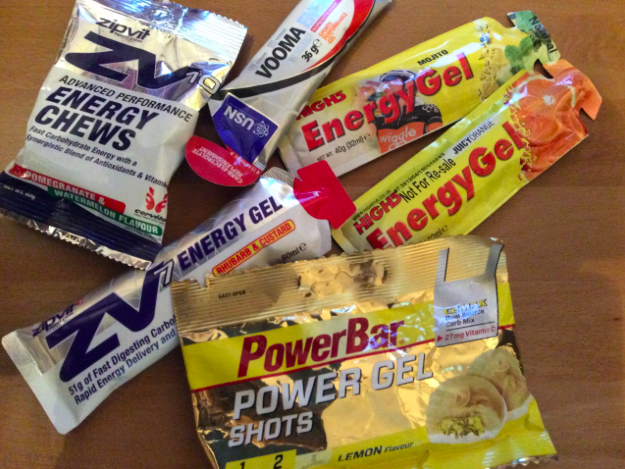It’s marathon week! Many of us love taper week – it’s a much-welcomed break after a bout of hard intense training. However, what you eat during this week can make or break our marathon. We are all familiar with the term carbo-loading. But we have to remember this does not mean – eat whatever we want, as much as we want. It’s about quality as much as it is about quantity.
3 Days Out
It’s carbo-loading time! You should be increasing your carbohydrates intake to top up your glycogen stores. The cardinal rule is to consume 3.5 grams for every pound of bodyweight. So, a 110 pounds/50 kilos person should take 385 grams of carbohydrates during the carbo-loading period. The key takeaway point is that you this is called carbo-loading, not calorie-loading. You should be backing up on the protein and fat intake such that your calorie intake does remain the same. This is to prevent any weight gain during your carbo-loading week. A good example of a high-carb meal is pasta!
2 Days Out
Cut down on fiber 2 days from your race. You should especially take note of food high in fiber such as oats, bran cereal, wholemeal, fruits, and vegetables. Cutting down on these food can help to prevent an unwanted toilet pitstop mid-race. A diet high in fiber can potentially cause stomach upsets – especially because you will be consuming gels, salts and what-not during your marathon.
3 Hours Out
It’s almost showtime! You should not run a marathon empty. A pre-race meal will help increase your glycogen stores especially your liver stores. Don’t skimp on the carbohydrates. A good example of a high carb pre-marathon meal could be a slice of white bread topped with bananas and peanut butter. It’s a favourite of many runners.
Race Time
Remember to never try anything new on race day! You have got to have your nutrition strategy planned out and nail it. The number of gels you take, how often you take them, the brand of gels you take can all affect how your stomach reacts to them. If you are accustomed to taking gels every 8 km, don’t try to take gels every 5 km. You may be overloading your stomach with too much gel and cause a stomach upset.
Remember, you’ve done all your training! Trust in your training and enjoy your race! Good luck!
Cover Photo Credits: Giphy






